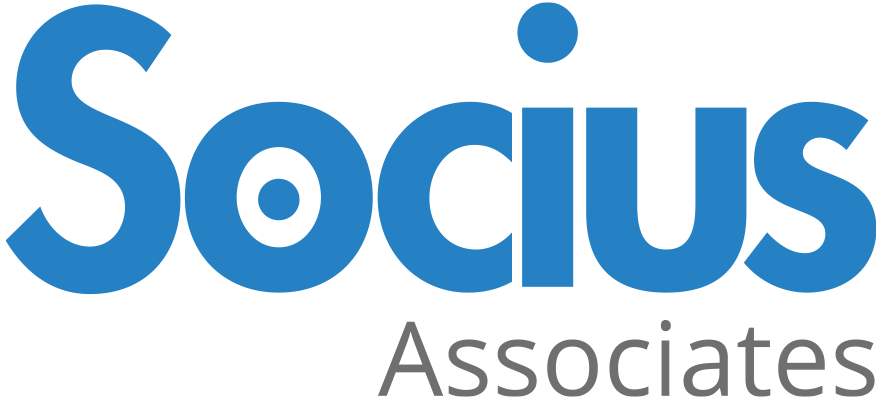The etiquette of coaching
You have decided you’d like to start working with a coach, and it’s all new to you. It is not at all strange to wonder about the ‘etiquette’ of working with your coach. Here are some client questions.
What ‘coaching etiquette’ should I observe?
Coaching etiquette for clients and coaches is all about trust.
Keep your appointments
Your coach is someone whose day will not go well if a coaching client simply does not show up, or has a habit of rearranging at short notice for unclear reasons. The coach loses more time than the actual session itself, because they will have spent time preparing for your session beforehand, travelling to meet you, etc. Rearranging a session as a precaution isn’t a bad idea when in doubt.
Tip: Discuss your coach’s cancellation policy before starting your sessions. Expect your coach to invoice you for the session if you did not cancel or rearrange in time.
Arrive on time – physically and mentally
Arriving on time shows commitment to your coach, and more importantly to your sessions. Arriving mentally prepared shows that you are ready to make the most of your time with the coach – and yourself! Being ‘present’ in your sessions is the one requirement you (and your coach) cannot do without.
Tip: It is not at all uncommon for clients to arrive feeling rushed and needing to switch into a different ‘mode’ at the start of a session. Do talk about this if it helps, it’s a great way to get going!
Do what you say you are going to do
This too is linked to commitment, and it’s not simply a matter of etiquette to do your homework between sessions.
Doing what you say you are going to do also tells your coach about your resilience, tenacity and creativity in the face of a task. They are interested in this also because they know that your coaching will come to an end one day, and that you will need all of the above after you part ways.
Tip: if your coach challenges you about something you didn’t get around to doing, they do so to help you figure out what’s holding you back. They don’t do so to make you feel guilty – in fact, the only person who can make you feel guilt over anything, is you…
What etiquette can I expect my coach to observe?
A coach too is expected to be mindful of coaching etiquette. They have obligations towards you as their client which you can hold them to.
Keeping appointments and being organised
How would you trust a coach who forgets appointments, has the wrong time in their diaries, or shows up in the wrong location? Pull up a coach who does any of the above, especially if that coach happens to be me! You need to be uppermost on their mind when it comes to your sessions.
Being present and available
This goes beyond etiquette. An absent-minded coach isn’t going to be giving their best to the client, and you’ll rumble them sooner or later. A good coach will scale back on coaching when they know their own personal and professional life is drowning out their capacity to be present for their client.
Keeping their counsel
Etiquette and ethics demand that the focus of sessions doesn’t shift to the coach, and remains entirely with you. Professional standards demand that the coach remains aware of their own limitations.
How would you feel about a coach who readily volunteers their own opinion on what you should do? The true value of coaching is that you remain fully in charge of decisions you make as a result of discoveries you make through your coaching sessions.
A bit about professional standards
Coaching is a fast-growing profession attracting people from a vast range of backgrounds. It is an unregulated profession, meaning no licence, certificate or registration is needed in order to practise as a coach.
Professional coaching bodies set professional standards which their members are expected to adhere to. They include the Association for Coaching and the International Coach Federation and the European Mentoring and Coaching Council. The latter has a Code of Ethics and a Competence Framework, which are well worth reading ahead of meeting your coach for the first time.
No professional coach will be offended when you ask about their credentials, which professional body they belong to and to which Code of Practice they subscribe.

